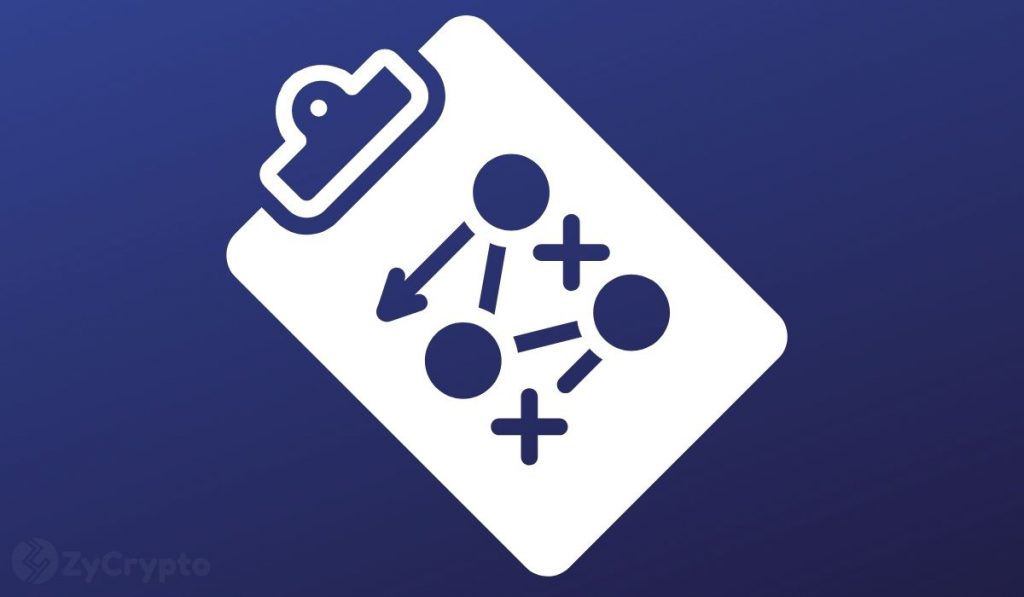The Eurozone is inundated with several issues ranging from geopolitical risks arising from the ongoing commotion in Ukraine, political turmoil in Italy, an extremely hot summer, an energy crisis, high food and commodity prices, a falling Euro against the dollar, high inflation, and possible recession. The Governing Council of the European Central Bank (ECB), in its mandate of fighting inflation and protecting the value of the Euro, has hiked its three key interest rates for the first time in over a decade by 50 basis points.
In general, rising interest rates make crypto-assets less attractive than interest-earning investments like savings accounts that offer higher returns at lower risk. Meanwhile, Bitcoin’s correlation to the stock markets is currently at an all-time high, with Bitcoin and stock prices moving in tandem. Higher interest rates negatively affect stock prices, except in the financial sector. The argument of Bitcoin being a hedge against inflation is also being challenged by the current low price of Bitcoin when inflation is at its highest in over four decades.
Crypto assets are gaining popularity around the world and certainly within the Eurozone. According to ECB President Christine Lagarde and Executive Board member Fabio Panetta, crypto-assets do not guarantee one-to-one convertibility with central bank money and are not an efficient means of payment, especially when any asset does not back their value. “And in the case of stablecoins, they are vulnerable to runs.” The ECB recognizes the need to preserve the role of central bank money in the digital age.
The ECB acknowledges that payments are becoming increasingly digital, and for financial stability in the digital age, access to central bank money can be achieved through the digital euro. The ECB launched the digital euro project in 2021, and the investigation phase of the project is expected to be completed in the autumn of 2023. The ECB is looking at the digital euro as a means of payment and not investment.
This week saw a brief rally in the crypto markets, with Bitcoin rising from $19,000 (July 14, 2022) and almost touching US$24,000 (July 20, 2022). Similarly, Ether’s price had surged from just over $1,000 to just below $ 1,600 in the same period. However, on July 20, 2022, Bitcoin lost some of its gains on the news that Tesla had sold off 75% of its Bitcoin holdings in the second quarter of this year.
 
 
The July 21, 2022 press release by the ECB’s Governing Council further states: “Accordingly, the interest rate on the main refinancing operations and the interest rates on the marginal lending facility and the deposit facility will be increased to 0.50%, 0.75%, and 0.00% respectively, with effect from 27 July 2022”. The 50 basis points interest rate hike was a larger step than the 25 basis points that the Governing Council had signaled in its previous meeting.
The ECB 50-basis points key interest rates hike was in line with some market expectations. Immediately following the ECB interest rate hike announcement, the crypto markets were struggling to hold steady, with Bitcoin trading at just under $23,000, Ether at around $1,500, and Cardano, XRP, and Solana down 9%, 6%, and 8% respectively at the time of writing. Investors will await the reaction of the crypto markets to the US Fed rates announcement scheduled for July 27, 2022.


